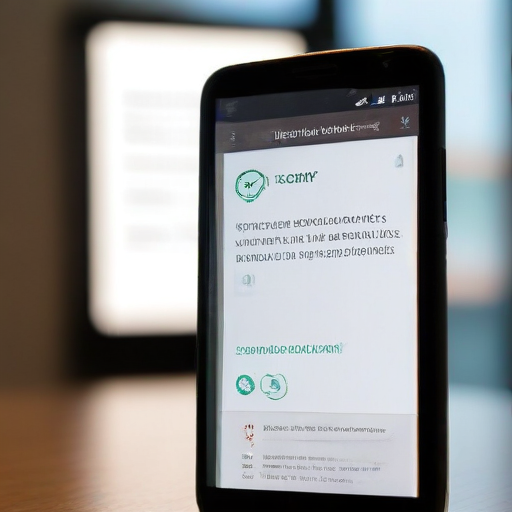A federal judge has directed prosecutors to dispose of 19 pages of notes seized from Sean “Diddy” Combs’ jail cell, following a claim from his legal team that the seizure breached attorney-client privilege. U.S. District Judge Arun Subramanian has decided to temporarily retain the documents while both the prosecutors and Combs’ lawyers prepare briefs over the next few weeks.
Combs is currently awaiting trial on serious charges, including racketeering, sex trafficking, and transportation for prostitution. Prosecutors allege that he has attempted to influence witnesses while incarcerated, asserting that the crimes are linked to his music business, which they claim he exploited to mistreat and exploit women.
The 55-year-old Combs has denied all charges, countering the prosecution’s assertions regarding witness tampering from jail. His defense team has accused the government of a “willful and harmful breach” of attorney-client privilege due to the confiscation of the notes from his cell, which they argue are protected.
During the court proceeding, Combs, dressed in olive-green prison attire, appeared to have lost weight since his last appearance. Despite entering the courtroom with a smile, his demeanor shifted to one of seriousness as the session progressed.
Assistant U.S. Attorney Christy Slavik presented the contents of the seized materials, claiming that they comprised notes on witness payment and information collection about alleged victims. Combs reportedly engaged a family member to gather information on an accuser.
The defense attorney, Marc Agnifilo, expressed his intention to ascertain how the documents were obtained and requested access to surveillance footage from the search conducted at the Metropolitan Detention Center in Brooklyn. He raised concerns that this incident could potentially lead to the indictment’s dismissal or the withdrawal of the prosecution team from the case.
Slavik explained that the notes were retrieved during a predetermined search aimed at uncovering contraband and drugs, asserting that no prosecution team member was involved in or aware of the operation conducted by the Bureau of Prisons.
A representative from the Bureau of Prisons stated the search was part of an ongoing covert investigation and was fully justified. Agnifilo, in his response, emphasized the inappropriateness of the search, arguing that no lawful investigative rationale could justify infringing on Combs’ personal correspondence with his attorneys.
This ongoing legal battle has significant implications not only for Combs but also for discussions around attorney-client privilege and the boundaries of law enforcement searches, highlighting the need for vigilant protection of legal rights even amidst serious criminal allegations. As the case unfolds, it underscores the importance of due process and the careful balance between law enforcement actions and individual rights.
Summary: A federal judge ordered the disposal of notes seized from Sean “Diddy” Combs’ jail cell, citing attorney-client privilege concerns. Combs faces severe charges, including racketeering and sex trafficking, which he denies, claiming witness tampering accusations are unfounded. The case raises crucial questions about the protection of legal rights amidst criminal investigations, emphasizing the balance between law enforcement and individual freedoms.
